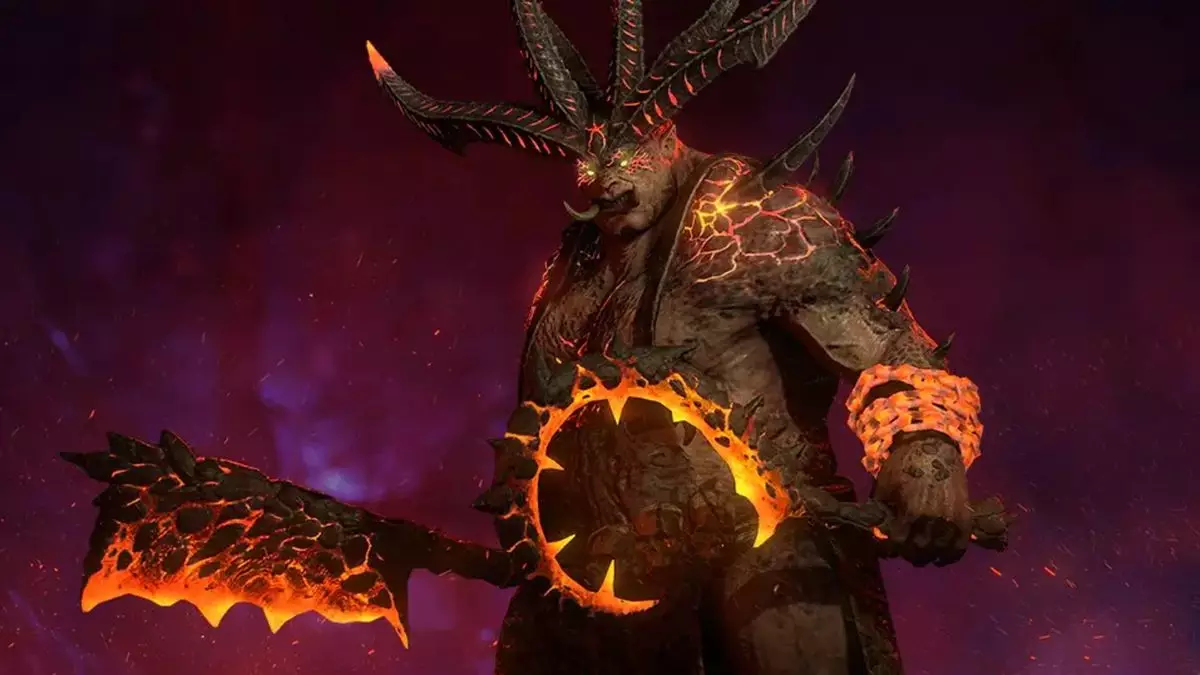The action role-playing game (ARPG) genre is undergoing a significant identity crisis, as evidenced by a recent tweet from Rod Fergusson, the franchise head for the iconic Diablo series. Fergusson sparked considerable controversy by suggesting that games which share core characteristics with Diablo should be categorized as “Diablo-likes.” His remarks were met with swift backlash from the gaming community, igniting a discussion on the nuances of genre labeling and what it means for players and developers alike.
The suggestion to adopt the term “Diablo-like” parallels existing genre descriptors such as “Souls-like” and “Rogue-like.” These labels serve not only as shorthand for gameplay mechanics but also help potential players understand what to expect from a game. However, while the Souls-like nomenclature is broadly accepted due to the unique challenge and design of games like Dark Souls, and Rogue-like indicators typically connote randomization and permadeath, the term “Diablo-like” raises questions. Are there sufficient distinguishing features to create a sub-category, or does it dilute the original game’s brand and legacy?
Fergusson’s tweet attempted to formalize a label for something many gamers already informally recognize. Nevertheless, the horizon of the ARPG genre is vast, and many titles either innovate beyond Diablos staple mechanics or simply draw different elements from various influences. Players have voiced their disapproval, suggesting that labeling too tightly can restrict creativity within the genre.
The response to Fergusson’s tweet was telling, accumulating over 2,200 comments, with the vast majority expressing discontent with the proposed label. The dissatisfaction was palpable: popular replies quickly pointed out the lack of need for another categorization system, emphasizing instead the unique contributions of each game in the genre. This strong reaction indicates a clear sentiment among the community that the label ‘Diablo-like’ may oversimplify their experiences and perceptions of other ARPGs.
Moreover, the timing of Fergusson’s tweet—just after the highly-anticipated reveal of Path of Exile 2—suggests that underlying competition dynamics may have influenced his perspective. Fans of Path of Exile see it as a spiritual successor to Diablo 2, accentuating the continued relevance and impact of the Diablo franchise within the gaming world. However, the suggestion to label ARPGs as Diablo-likes could be construed as an attempt to secure branding dominance in the face of evolving competition.
As the gaming landscape becomes increasingly crowded with titles that pull inspiration from Diablo, it’s worth contemplating the legacy versus innovation balance in defining genres. Diablo has undeniably shaped ARPGs, but given the diversity and creativity emerging within the genre, perhaps it’s better to allow games the freedom to define themselves. Instead of coercing distinct titles into a “Diablo-like” box, recognizing the individuality of each game may lead to richer discussions and a deeper appreciation for the varied experiences offered within the genre.
While labels can be convenient, they can also impose limitations. As both creators and consumers, the gaming community should focus on celebrating the innovation that exists within ARPGs, honoring the legacy of titles like Diablo without restricting the evolution of the genre itself. Ultimately, it’s vital to keep an open dialogue about the identities of games rather than confine them to potentially reductive labels.

